

What is a Vermicompost For Plants?
Vermicomposting is an environment economic process in which certain species of earthworms are used to enhance the process of organic waste conversion and produce a better end-product. It is a mesophilic process utilizing microorganisms and earthworms. Earthworms feeds the organic waste materials and passes it through their digestive system and gives out in a granular form (cocoons) which is known as vermicompost.
Simply speaking, vermicompost is earthworm excrement, called castings, which can improve biological, chemical, and physical properties of the soil. The chemical secretions in the earthworm’s digestive tract help break down soil and organic matter, so the castings contain more nutrients that are immediately available to plants.
Vermicompost by Rishta Organics
Vermicompost For Plants is 100% Organic and contains no harmful chemicals. Our Manufacturing Unit is located at Sirsaganj, Agra & we have established multiple storage warehouses across Delhi/NCR. We collect organic cow dung from sustainability animal farms locally. Then it is multiple times composted and processed by worms (Eisenia Fetida). Worm castings are further matured and sieved through 4 mm sieve in order to have purest worm castings. Our end product has higher nutrient content when compared to traditionally used compost.
All the products from our brand are thoroughly subjected to quality check before reaching the customers. Our customers love us for the service and support we provide.


About this item:
- Vermicompost For Plants by Rishta Organics contains no harmful chemicals. It is 100% Organic Compost and is ideal for use not only in the garden, but also at home.
- Vermicompost For Plants by Rishta Organics is free flowing, easy to handle and store & does not have any foul odour.
- Provides excellent effect on overall plant growth, encourages the growth of new shoots / leaves and improves the quality and shelf life of the produce.
- As the compost passes through the body of the worms it is enriched with bacteria & microbes which helps plants to become more disease & pest resistant.
- Unlike chemical fertilizers, worm castings are not easily flushed from soil because of worm mucus that it contains. Nutrients are held in place & the plants receive what they need over a prolonged period.
- Increases water holding capacity, improves soil structure, texture, aeration and contains hormones that help the plants grow.


Directions to Use & Dosage
- As a seed-starting boost: If you’re starting seeds indoors, simply add a little bit to the seed-starting medium. For outdoor seed planting, just sprinkle it along the trench or into the holes that you dug for your seeds.
- As a top dressing: Just apply it to the drip line of any plant. The drip line is around the circumference of the plant that starts at the longest outward branches. Picture it as if someone was at the top of a plant or tree and was spraying water onto the branches; the drip line is the area where the water would “drip off” and land onto the ground around the plant (or tree). A lot of water and nutrition is taken up by the tiny roots in this area.
- For Houseplants: Remove a small amount of potting soil from the plant’s pot and replace it with some vermicompost. Sprinkle 1/4 to 1/2 inch into the pot to replace the soil you took out. Offer this little treat every other month and you’ll have your houseplants eating out of your hands (and they probably didn’t do that before).
Benefits of Vermicompost
The worm castings contain higher percentage of both macro and micronutrients than the garden compost. Apart from other nutrients, a fine worm cast is rich in NPK which are in readily available form and are released within a month of application. Vermicompost enhances plant growth, suppresses disease in plants, increases porosity and microbial activity in soil, and improves water retention and aeration.
Vermicompost also benefits the environment by reducing the need for chemical fertilizers and decreasing the amount of waste going to landfills. Vermicompost production is trending up worldwide and it is finding increasing use especially in Western countries, Asia-Pacific and Southeast Asia.


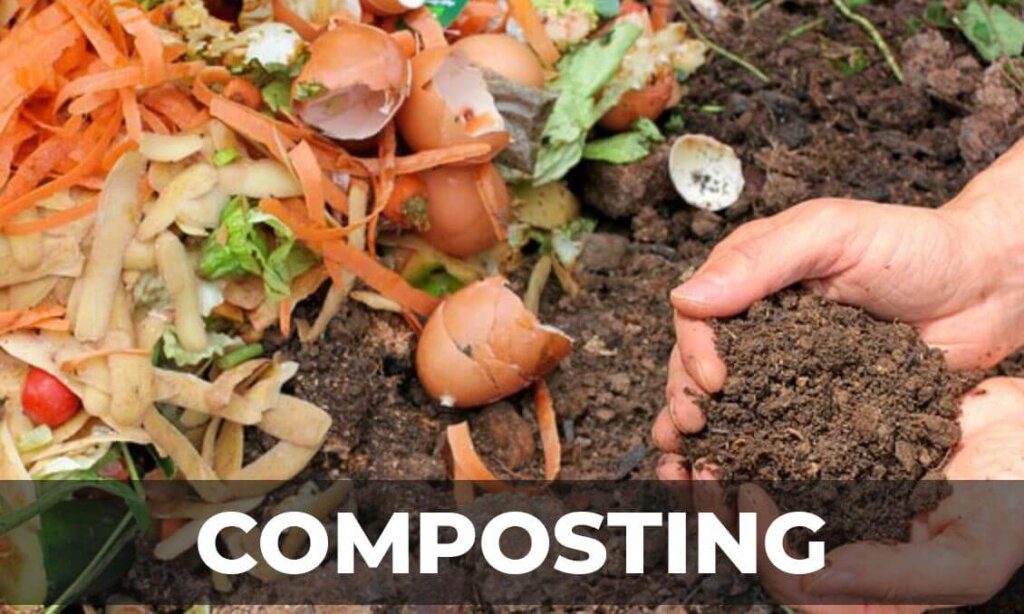

How to make vermicompost at home?
You can make vermicompost in small quantities at home with the following easy steps:
- To prepare compost, either a plastic or a concrete tank can be used. The size of the tank depends upon the availability of raw materials.
- Collect the bio-waste and place it under the sun for about 8-12 days. Now chop it to the required size using the cutter.
- Prepare a cow dung slurry and sprinkle it on the heap for quick decomposition.
- Add a layer (2 – 3 inch) of soil or sand at the bottom of the tank.
- Now prepare fine bedding by adding partially decomposed cow dung, dried leaves and other bio degradable wastes collected from fields and kitchen. Distribute them evenly on the sand layer.
- Continue adding both the chopped bio-waste and partially decomposed cow dung layer-wise into the tank up to a depth of 0.5-1.0 ft.
- After adding all the bio-wastes, release the earthworm species over the mixture and cover the compost mixture with dry straw or gunny bags.
- Sprinkle water on a regular basis to maintain the moisture content of the compost.
- Cover the tank with a thatch roof to prevent the entry of ants, lizards, mouse, snakes, etc. and protect the compost from rainwater and direct sunshine.
- Have a frequent check to avoid the compost from overheating. Maintain proper moisture and temperature.
- After the 24th day, the entire raw material is turned into the vermicompost.

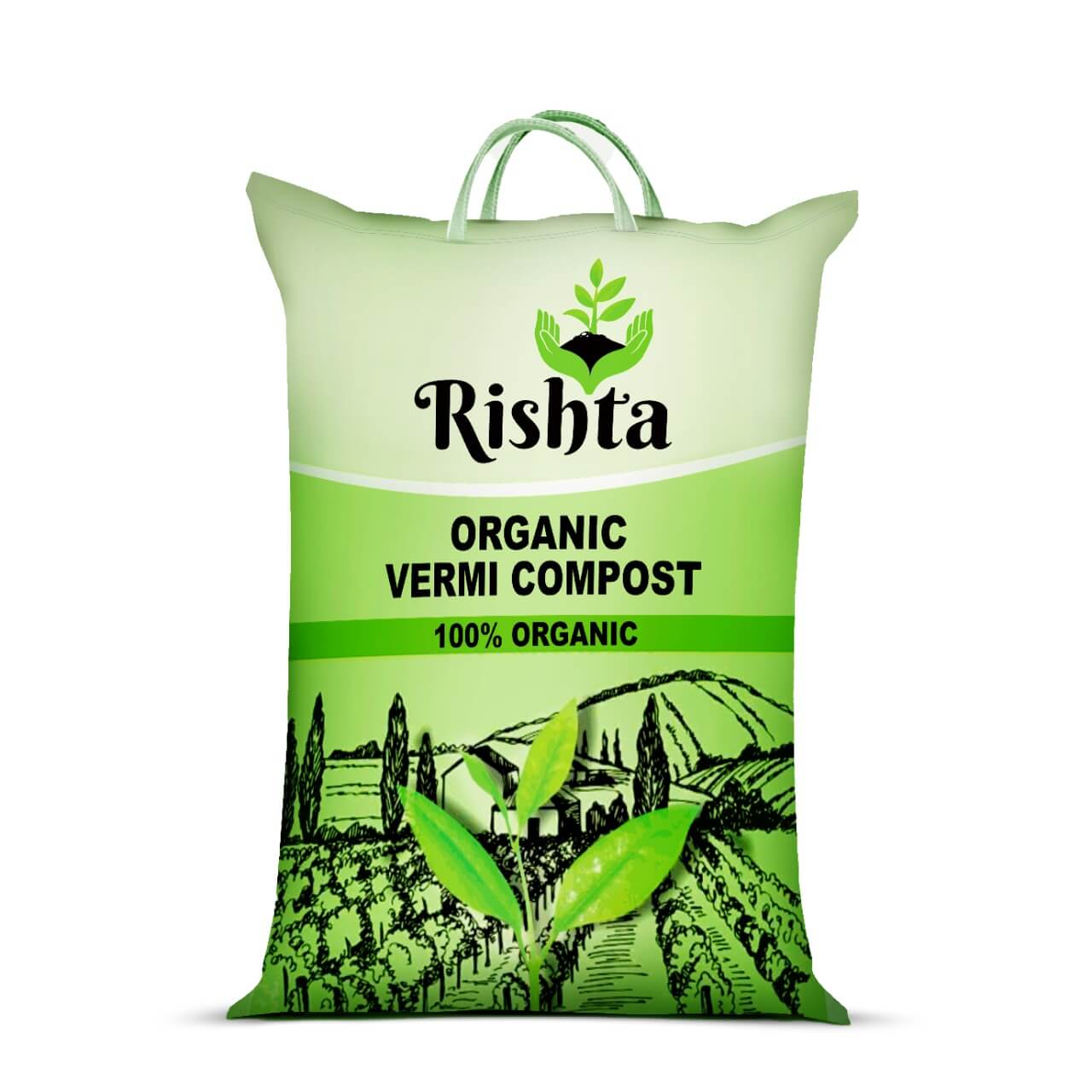

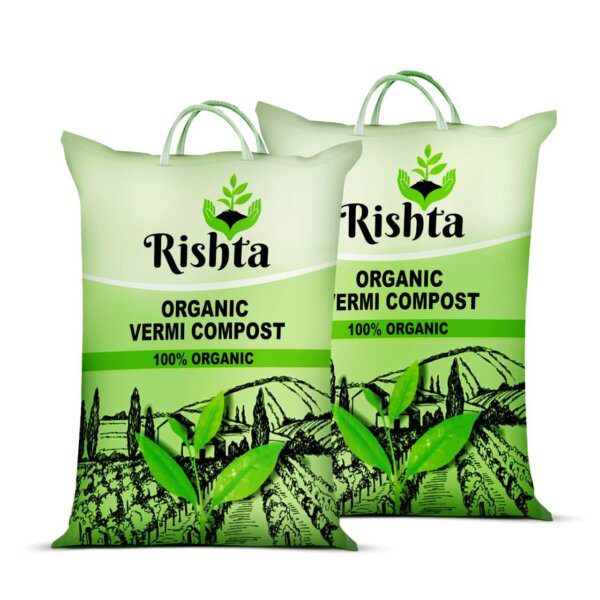
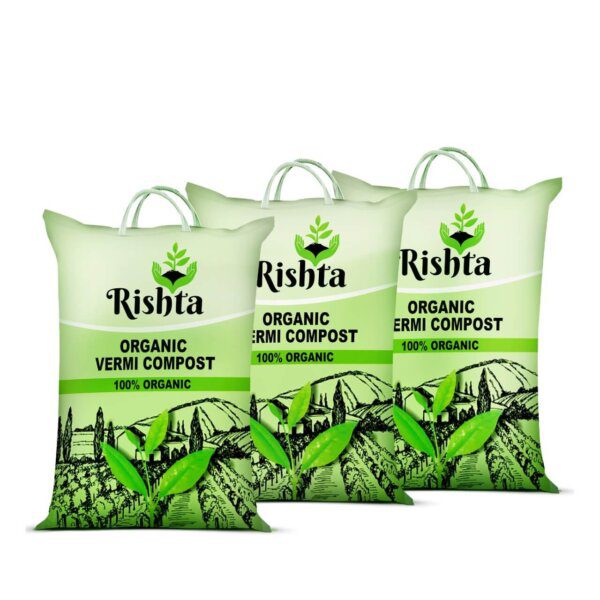
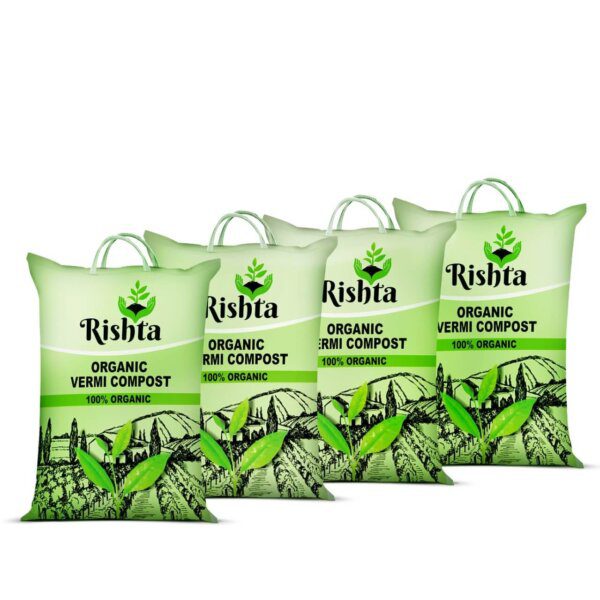


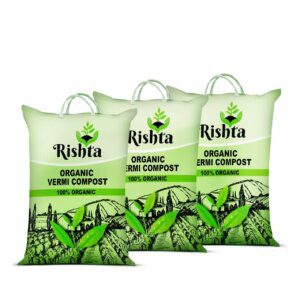

Reviews
There are no reviews yet.